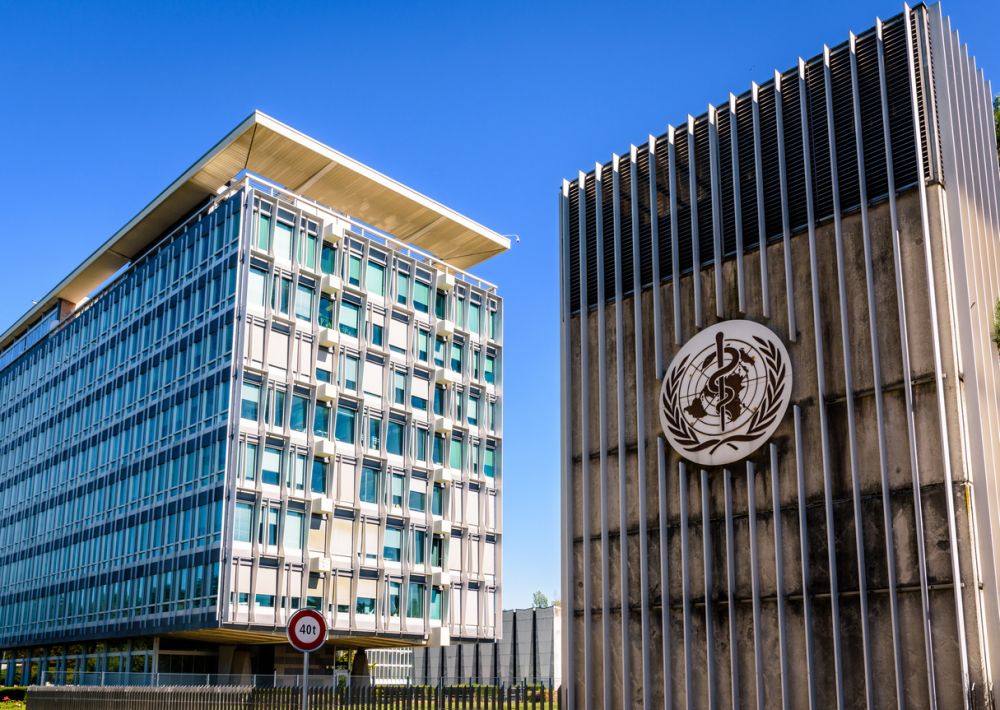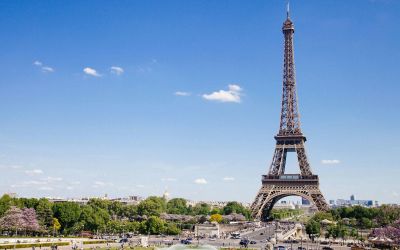WHO Pandemic Agreement Marks Global Breakthrough, But Implementation Remains the Test
In a historic step towards strengthening global health security, 124 WHO member states have adopted a new Pandemic Agreement aimed at preventing future outbreaks and promoting equitable access to life-saving tools.

In a landmark move for global health governance, 124 member states of the World Health Organization (WHO) have adopted a long-awaited Pandemic Agreement designed to better prepare the world for future outbreaks. The legally binding accord, three years in the making, aims to strengthen disease surveillance, accelerate vaccine and treatment development, and ensure fairer access to life-saving interventions, especially for low and middle-income countries.
Hailed by WHO Director-General Dr. Tedros Adhanom Ghebreyesus as a “victory for public health, science, and multilateral action,” the agreement commits pharmaceutical manufacturers to voluntarily reserve 20% of their pandemic-related products for WHO allocation during a health emergency. It also establishes a framework for improved data sharing, faster clinical trials, and cross-sector coordination through a "One Health" approach, emphasising the interconnectedness of human, animal, and environmental health.
With most emerging infectious diseases (60%) being zoonotic (can spread between animals and humans) and 71% originating from wildlife, the One Health approach is critical in tackling the triple planetary crisis of biodiversity loss, climate change, and pollution/waste.
The UK, a vocal supporter of the deal, celebrated the adoption as a win for both national interest and global solidarity. Health Minister Ashley Dalton commented that the agreement, “maintains our sovereignty while ensuring the NHS and the UK as a whole will be better prepared for possible future global health emergencies, through stronger early warning systems and faster response capabilities”. UK Health Security Agency (UKHSA) Chief Executive, Dame Jenny Harries highlighted the potential gains for the UK’s life sciences sector, with the new framework promising faster innovation pathways for treatments and vaccines.
However, the absence of the WHO’s largest funder, the United States, as well as others such as Russia and Israel, will challenge the effectiveness of the agreement. In a video address, U.S. Health and Human Services Secretary Robert F. Kennedy Jr. said the WHO had failed to learn the lessons from the response to the COVID pandemic. Critics will be quick to point out that RFK Jr. has a rather chequered history in relation to his claims surrounding COVID.
Academic voices welcomed the agreement but questioned whether it goes far enough. The agreement “heralds a welcome vital global message on the importance of pandemic preparedness and response” said Professor Alice Norton of Oxford’s Pandemic Sciences Institute. “What will be needed now is the political will and sustainable financing so that all countries can make the Agreement a reality.”
Professor Clare Wenham, Associate Professor in Global Health Policy at LSE cautioned that, “The text offers few concrete obligations that would meaningfully shift the structural dynamics of global health inequity, relying instead on political rhetoric and aspirational language.”
Translating the agreement’s aspirational language into tangible ‘One Health’ preparedness will be one of the defining challenges of the years ahead.






